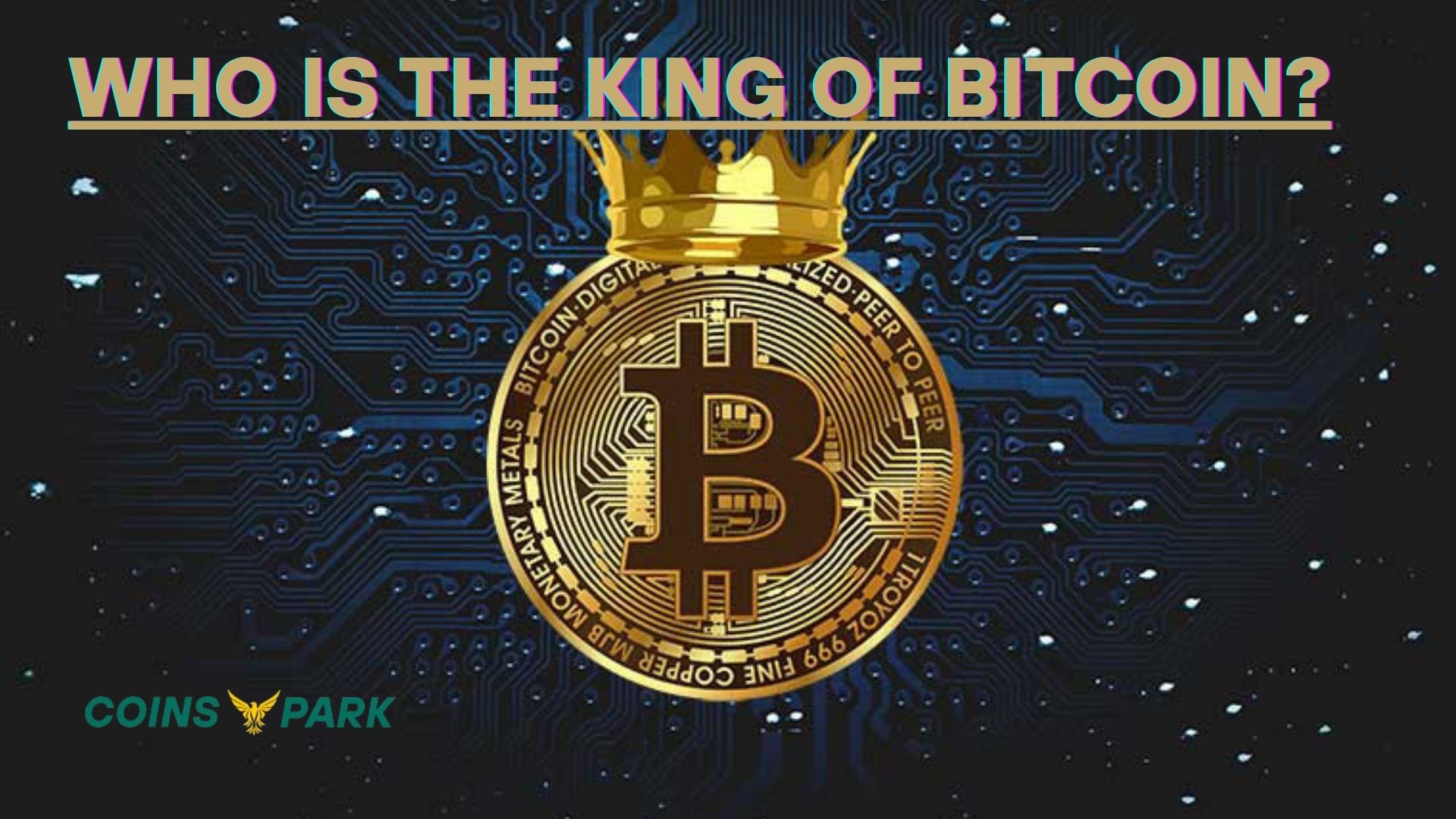King of Bitcoin: When people refer to the “king of Bitcoin,” they typically mean one of two things: either the enigmatic founder of Bitcoin, Satoshi Nakamoto, or a notable figure who has had a significant impact on the cryptocurrency’s growth, promotion, or adoption. While Bitcoin is a decentralized system with no formal leader, numerous people have played significant roles in influencing its history. This article investigates who may be deemed the “king” of Bitcoin and why.
Satoshi Nakamoto: The Mysterious Creator.
The most reasonable and largely acknowledged solution to the question of who is the king of Bitcoin is Satoshi Nakamoto, Bitcoin’s pseudonymous founder. In 2008, Nakamoto released the well-known whitepaper “Bitcoin: A Peer-to-Peer Electronic Cash System.” The Bitcoin network was created in January 2009, with the genesis block being mined.
Nakamoto is considered the ultimate authority figure in the Bitcoin world because:
- They created the underlying protocol that governs how Bitcoin works.
- They mined the first blocks and are believed to possess over 1 million BTC (worth billions of dollars).
- Their vision set the romantic and technical foundation of the crypto movement.
However, Nakamoto withdrew from public view in 2010, and their genuine identity has never been revealed. Regardless, their contributions are so fundamental that many people still see Nakamoto as the metaphorical “king” of Bitcoin.
Hal Finney: The First Follower.
Hal Finney, a noted cryptographer and early Bitcoin advocate, is another figure with strong ties to the project’s origins. He received the first Bitcoin trade, delivered by Satoshi Nakamoto. Finney contributed to the early software and was highly committed to privacy and cryptography.
Although he never claimed to be the creator of Bitcoin, some believe Finney played a role in its invention or was Satoshi himself. He died in 2014, but his contributions and early excitement helped transform Bitcoin from an idea to a working system.
Vitalik Buterin: The Philosopher of Crypto
Although he was not involved in the creation of Bitcoin, Vitalik Buterin, the co-founder of Ethereum, is another towering figure in the cryptocurrency industry. Before founding Ethereum, Buterin was a writer for Bitcoin Magazine and an active partner of the Bitcoin community. He envisioned Ethereum as a more adaptable platform than Bitcoin, capable of supporting smart contracts.
While Buterin is more commonly known with Ethereum, his early publications and thought leadership made him a prominent figure in Bitcoin’s early years. However, his power has migrated toward Ethereum, establishing him as a “king” of the larger crypto ecosystem rather than Bitcoin exclusively.
Michael Saylor: The Corporate Evangelist.
In 2020, MicroStrategy’s executive director, Michael Saylor, rose to prominence as a Bitcoin enthusiast. Under his leadership, MicroStrategy invested billions of dollars in Bitcoin, using it as a treasury reserve asset. Saylor calls Bitcoin “digital gold” and routinely speaks at Bitcoin conferences and on social media.
He is considered the “corporate king” of Bitcoin because:
- He legitimized Bitcoin as a treasury aid for corporations.
- He attracted institutional attention to Bitcoin investment.
- He has invested over $10 billion of his company’s assets in Bitcoin.
Saylor’s commitment has made him a hero among Bitcoin maximalists, and some refer to him as the “Bitcoin King” in the corporate world.
Elon Musk: The Pop Culture Influencer.
While not a technical specialist or an early creator, Elon Musk, CEO of Tesla and SpaceX, has had a significant impact on Bitcoin’s price and popularity through his tweets and public pronouncements. Tesla purchased $1.5 billion in Bitcoin in early 2021 and stated it would accept Bitcoin as payment (a decision that was later rescinded).
Musk’s impact demonstrates the power of celebrity in the digital age. His thoughts can create significant price fluctuations in Bitcoin and other cryptocurrencies. However, his inconsistent stance makes him a divisive figure in the cryptocurrency community. He is more of a “kingmaker” than an actual king.
Conclusion.
So, who is the king of Bitcoin? The most accurate response could be: no one and everyone. Bitcoin was created to be decentralized, which means it functions without a central authority or ruler. Satoshi Nakamoto is perhaps the spiritual monarch, with individuals such as Michael Saylor, Hal Finney, and Andreas Antonopoulos making vital contributions. However, Bitcoin ultimately belongs to its users, miners, developers, and the global community that supports it.
In a world where faith in central authority is diminishing, Bitcoin’s actual power stems from its lack of a king—only a shared belief in code, consensus, and liberty.




